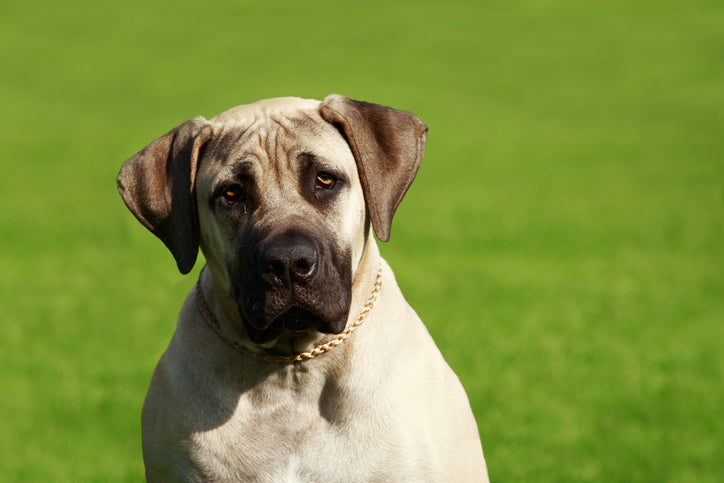The Mighty Mastiff: A Guide to Caring for and Training Your English Mastiff
The English Mastiff is a large, gentle giant that is often referred to as the "Mastiff of the English countryside." These dogs are known for their loyalty, calm temperament, and protective nature, making them excellent family pets. However, due to their size, they require special care and training to ensure they remain healthy and well-behaved. In this article, we will provide a comprehensive guide to caring for and training your English Mastiff.
Diet and Nutrition
English Mastiffs are prone to several health issues, including obesity, joint problems, and bloat. It is crucial to feed them a healthy and balanced diet that is appropriate for their size and activity level. Consult with your veterinarian to determine the best food for your dog and avoid overfeeding.
Exercise
While English Mastiffs are not highly active dogs, they still require regular exercise to maintain their health and well-being. Daily walks and playtime in a secure, fenced yard are recommended. However, be cautious not to overexert them, especially during hot weather.
Grooming
English Mastiffs have a short, dense coat that requires minimal grooming. Regular brushing to remove loose hair and occasional bathing are sufficient. Additionally, their ears and wrinkles need to be cleaned and dried regularly to prevent infections.
Training and Socialization
Early socialization and training are crucial for English Mastiffs due to their size and protective nature. Proper training will help them learn appropriate behavior, prevent destructive habits, and control their strength when interacting with people and other animals. Positive reinforcement techniques, such as treats and praise, are highly effective in training these dogs.
Health Issues
English Mastiffs are prone to several health issues, including hip dysplasia, bloat, and heart problems. Regular check-ups with a veterinarian, proper nutrition, and exercise can help prevent these issues. It is also essential to monitor your dog's weight and watch for any signs of illness, such as lethargy, vomiting, or diarrhea.
Home Environment
Due to their size, English Mastiffs are not suitable for small living spaces. They require a spacious and secure home with plenty of room to move around. Additionally, their gentle and protective nature makes them excellent indoor dogs, but they should not be left alone for extended periods.
Takeaway
English Mastiffs are wonderful and loyal companions that require special care and attention due to their size and health issues. By following the guidelines provided in this article, you can ensure that your Mastiff remains healthy, well-behaved, and happy throughout their life. Remember to consult with your veterinarian and seek professional training if necessary to ensure your dog receives the best possible care.

